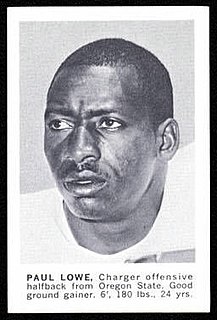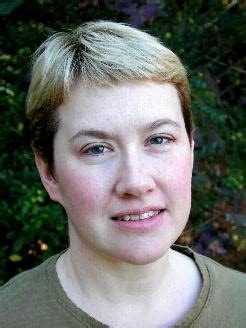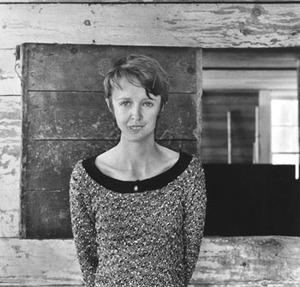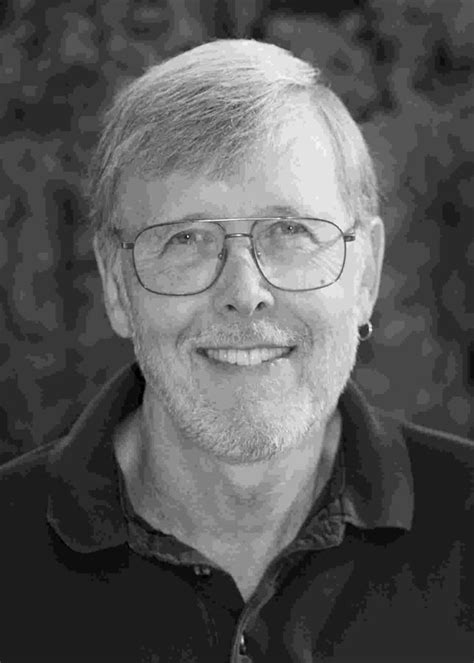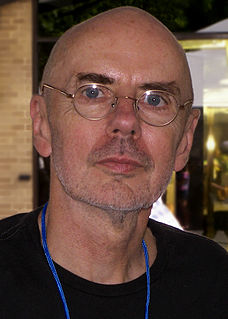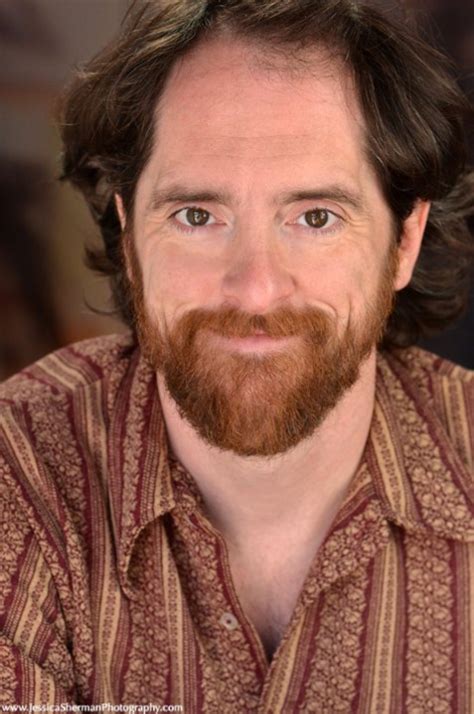A Quote by Elie Wiesel
If there is one person on the planet who still is suffering from loneliness and from pain or despair, and we don't know about it, or we don't want to know about it, then something is wrong with the world.
Related Quotes
Pain in life is inevitable but suffering is not. Pain is what the world does to you, suffering is what you do to yourself [by the way you think about the 'pain' you receive]. Pain is inevitable, suffering is optional. [You can always be grateful that the pain is not worse in quality, quantity, frequency, duration, etc]
If you wake up one morning realising that you do not know anything, then you are awake. If you still think you know something, then you are still asleep. If you are still trying to know, you are still trying to control. If you are still trying to control then you still think something can 'go wrong'. If you still think something can go wrong then you are not in touch with the source. If you are not in touch with the source then you live in fear. You are living in the fear that you have created, and that you are trying to get away from.
I-just want you. I want you so bad, all the time. I know I shouldn't, I know I can't, I know it's wrong... but even when you're pissing me off, when you're reminding me of pain and despair and torture-it's there, the wanting. I'm tired of fighting it. I fight so many things, all the time, every day. I don't want to fight this. Not anymore.
She said, "It's not life or death, the labyrinth." "Um, okay. So what is it?" "Suffering," she said. "Doing wrong and having wrong things happen to you. That's the problem. Bolivar was talking about the pain, not about the living or dying. How do you get out of the labyrinth of suffering?... Nothing's wrong. But there's always suffering, Pudge. Homework or malaria or having a boyfriend who lives far away when there's a good-looking boy lying next to you. Suffering is universal. It's the one thing Buddhists, Christians, and Muslims are all worried about."
I'll think about something else. I'll just sit quietly. If I could sit still. If I could sit still, maybe I could read. Oh, all the books are about people who love each other, truly and sweetly. What do they want to write about that for? Don't they know it isn't true? Don't they know it's a lie, it's a God-damned lie? What do they have to tell about that for, when they know how it hurts?
In the central cases of physical pain, then, it appears that at least part of what is bad about our condition is the way it makes us feel. Here there seem to be no problems with a purely mental state account, no counterpart to the experience machine that could bring us to think that we are being deceived by mere appearances. [...] If I am suffering physical pain then I can be quite wrong about the organic cause of my affliction, or even about whether it has one, without that error diminishing in the slightest either the reality of my pain or its impact on the quality of my life.
I chose to be a photographer twenty-two years ago, but I don't know that I'd make that choice again. Back in the early eighties, I still thought I was doing okay, trying to order and shape the world with my camera. Now that I know a bit more about living and dying, about our planet and its complex problems, I'm a lot less comfortable with my images of people. Still, I haven't a clue what else to do.
It's one thing to be dumb or ignorant or be in over your head. But if you can be the person who knows how much he does not know and be curious about the things you do not know, then that automatically lends itself to being a big-hearted, welcoming person who wants to know about every single person you meet.



